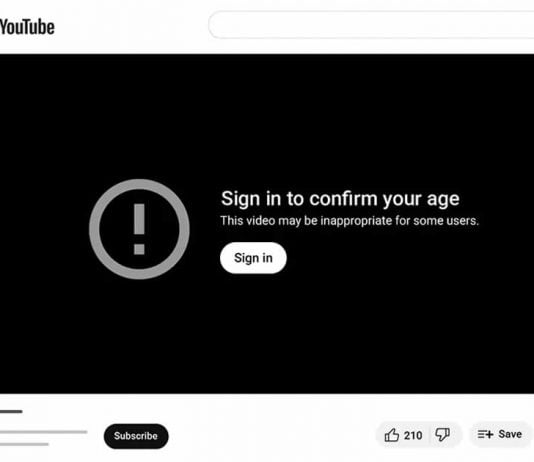YouTube is updating its guidelines for dealing with eating disorder-related content on its platform. The announcement was made recently, with YouTube stating it would remove content that glorifies or promotes eating disorders on its platform. Furthermore, it would ban content about eating disorders that encourage users to imitate these harmful behaviours.
Videos about eating disorders that show extreme calorie restriction and “reversing” after meals are included in the ban. YouTube will also prohibit content that may encourage at-risk users to emulate certain behaviour, such as weight-based bullying in the context of eating disorders.
YouTube has also stated that videos on eating disorder recovery and those with a sufficient educational, documentary, scientific, or artistic background (EDSA) will be restricted to those 18 or older.
In addition to the content restrictions, Eating Disorder Crisis Resource Panels will be available in more locations. These materials provide resources for those struggling with an eating disorder. YouTube currently places crisis materials panels above search results related to eating disorders in several countries, including the United States, United Kingdom, India, Canada, Japan, South Korea, Mexico, France, and Germany. These will now also be displayed below related videos. US viewers will also be encouraged to call or chat with the US National Eating Disorder Association.
The policy revisions were created with the National Eating Disorders Association and other nonprofit organizations. YouTube stated that the policy updates will “allow space for community, recovery, and resources while continuing to protect its viewers.”
The new approach will be available immediately, with YouTube stating that it will reach more people in the coming weeks. YouTube has acknowledged that videos can affect people in various ways and that its new approach recognizes this.
However, the effectiveness of YouTube’s new approach remains to be seen. YouTube’s enforcement has not always been consistent, and it has had to reverse policies that have inadvertently punished certain creators, such as those restricting profanity in monetized videos. Some gaming and LGBTQ filmmakers have complained about YouTube removing non-offensive clips. That said, the policy focuses on restricting access to videos, not restricting users to eliminate monetization.
By working with nonprofit organizations such as the National Eating Disorders Association, YouTube has ensured that its policy updates allow for recovery, resources, and community while continuing to protect its viewers. The true effectiveness of this policy remains to be seen, but it is undoubtedly a step in the right direction.


